ITDP Reports provide a focused look at the impacts or potential of programs and policies, often in a specific region, city or neighborhood.
Search Reports By Keyword
Recent Reports
[WEBINAR] Indicators For Sustainable Mobility
January 14, 2019
![[WEBINAR] Indicators For Sustainable Mobility](https://itdp.org/wp-content/uploads/2019/01/toyota-indicators-header-e1560444961373.jpg) Wednesday, January 30, 2019 12pm EST Webinar Recording More on the Indicators Indicators for Sustainable Mobility Presentation As Climate Change Escalates, US Cities Fail to Provide Car Alternatives About the Webinar As cities seek to improve their transportation systems to make them more sustainable, equitable, and useful for people, it is critical that they first understand how their system performs. To that ...Read More
Wednesday, January 30, 2019 12pm EST Webinar Recording More on the Indicators Indicators for Sustainable Mobility Presentation As Climate Change Escalates, US Cities Fail to Provide Car Alternatives About the Webinar As cities seek to improve their transportation systems to make them more sustainable, equitable, and useful for people, it is critical that they first understand how their system performs. To that ...Read MoreITDP Announces New CEO Heather Thompson
September 19, 2018
 We are pleased to announce the appointment of Heather Thompson as our new chief executive officer. Ms. Thompson, who has been serving in the role of interim CEO since February, was selected by the ITDP board of directors after an extensive, international search. Her transition to permanent CEO is ongoing, and will be effective October ...Read More
We are pleased to announce the appointment of Heather Thompson as our new chief executive officer. Ms. Thompson, who has been serving in the role of interim CEO since February, was selected by the ITDP board of directors after an extensive, international search. Her transition to permanent CEO is ongoing, and will be effective October ...Read MoreBus Rapid Transit Nearly Quadruples Over Ten Years
November 17, 2014
 Bus rapid transit has grown by 383 percent in the last ten years, according to new data released by ITDP. As cities around the world discover the benefits and cost effectiveness of BRT, they have built hundreds of systems across dozens of countries that qualify as true BRT. A new interactive map shows a comprehesive ...Read More
Bus rapid transit has grown by 383 percent in the last ten years, according to new data released by ITDP. As cities around the world discover the benefits and cost effectiveness of BRT, they have built hundreds of systems across dozens of countries that qualify as true BRT. A new interactive map shows a comprehesive ...Read MoreITDP Releases New Study on Climate Change Ahead of UN Climate Summit
September 17, 2014
 As world leaders gather for the United Nations Secretary-General’s Climate Summit on September 23rd, ITDP and the University of California, Davis, have released a new report on the impact of transportation emissions on our climate future. According to the new study, more than USD$100 trillion in cumulative public and private spending could be saved, and ...Read More
As world leaders gather for the United Nations Secretary-General’s Climate Summit on September 23rd, ITDP and the University of California, Davis, have released a new report on the impact of transportation emissions on our climate future. According to the new study, more than USD$100 trillion in cumulative public and private spending could be saved, and ...Read MoreDeep-Dive into BRT on ITDP’s Learning Hub
February 4, 2025
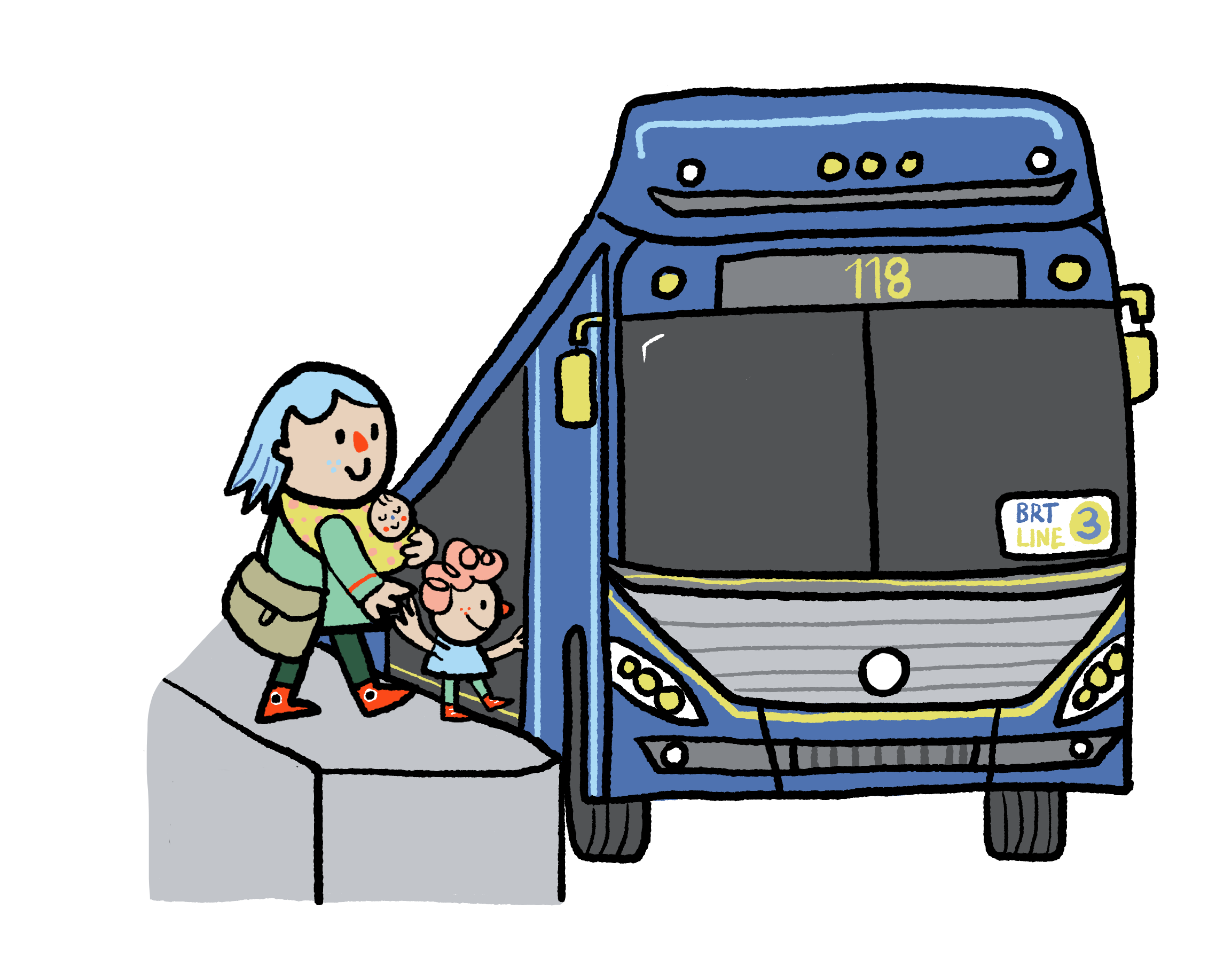 ITDP is excited to share our Bus Rapid Transit (BRT) Resource Hub. Following the success of ITDP’s previous courses focused cycling cities and babies, toddlers, and caregivers, this Hub is a curated collection of resources to help stakeholders learn to plan, operate, and advocate for better BRT systems. The resources in this public, self-guided content ...Read More
ITDP is excited to share our Bus Rapid Transit (BRT) Resource Hub. Following the success of ITDP’s previous courses focused cycling cities and babies, toddlers, and caregivers, this Hub is a curated collection of resources to help stakeholders learn to plan, operate, and advocate for better BRT systems. The resources in this public, self-guided content ...Read MoreTo Combat Extreme Heat, Let’s Invest in Better Walking and Cycling Networks
January 29, 2025
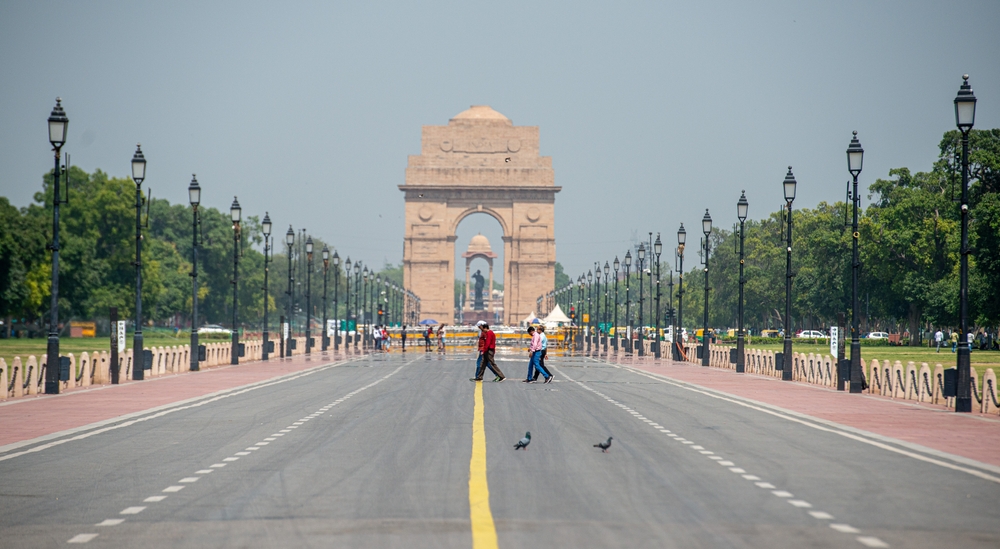 Cities around the world are now hotter than ever. In addition to global warming, urban areas tend to be warmer than nearby suburban and rural ones because they have less green space and more heat-absorbing buildings and roads. Extreme urban temperatures can be especially dangerous for people walking and cycling, including those who use wheelchairs ...Read More
Cities around the world are now hotter than ever. In addition to global warming, urban areas tend to be warmer than nearby suburban and rural ones because they have less green space and more heat-absorbing buildings and roads. Extreme urban temperatures can be especially dangerous for people walking and cycling, including those who use wheelchairs ...Read MoreE-Buses Are the Solution for Clean, Equitable Public Transport Everywhere
January 24, 2025
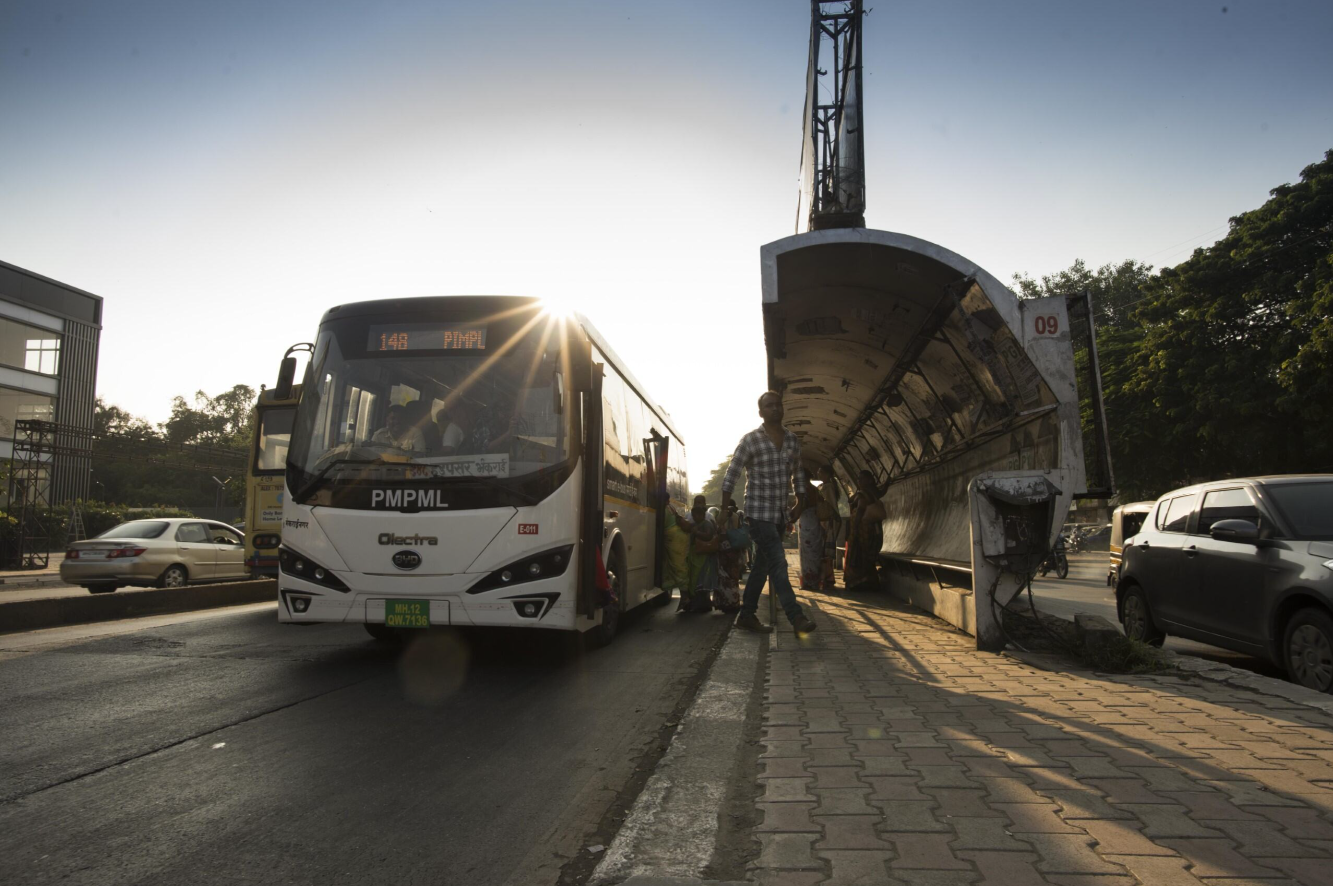 All over the world, electric buses (e-buses) are becoming a cornerstone of sustainable, efficient public transport. As cities grapple with rising pollution, greenhouse gas emissions, and congestion, e-buses offer a powerful solution for the future of our transit systems. When coupled with infrastructure improvements and transit-oriented planning, e-buses pave the way for cities where more ...Read More
All over the world, electric buses (e-buses) are becoming a cornerstone of sustainable, efficient public transport. As cities grapple with rising pollution, greenhouse gas emissions, and congestion, e-buses offer a powerful solution for the future of our transit systems. When coupled with infrastructure improvements and transit-oriented planning, e-buses pave the way for cities where more ...Read MoreRiding into 2025, We Face a Pivotal Moment for Urban Cycling
January 13, 2025
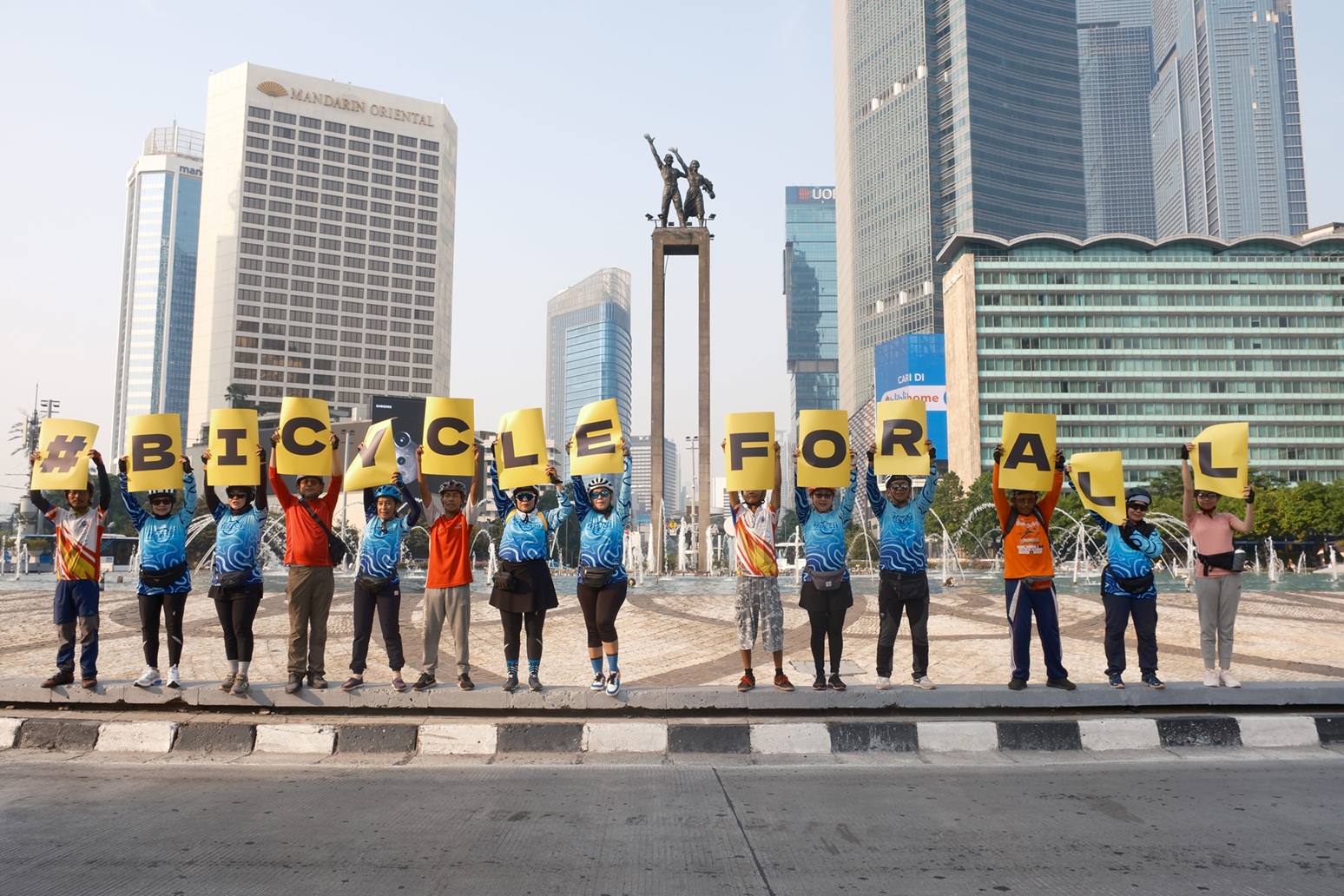 As we begin 2025, we stand at a critical point in the journey toward achieving global sustainability targets, particularly in transportation. The year marks the halfway point to the 2030 Sustainable Development Goals (SDGs) and serves as an opportunity to reflect, recalibrate, and take decisive action toward transformative change. 2025 is a moment to take ...Read More
As we begin 2025, we stand at a critical point in the journey toward achieving global sustainability targets, particularly in transportation. The year marks the halfway point to the 2030 Sustainable Development Goals (SDGs) and serves as an opportunity to reflect, recalibrate, and take decisive action toward transformative change. 2025 is a moment to take ...Read MoreDakar, Senegal Receives the 2025 Sustainable Transport Award as the STA Program Celebrates 20 Years
January 7, 2025
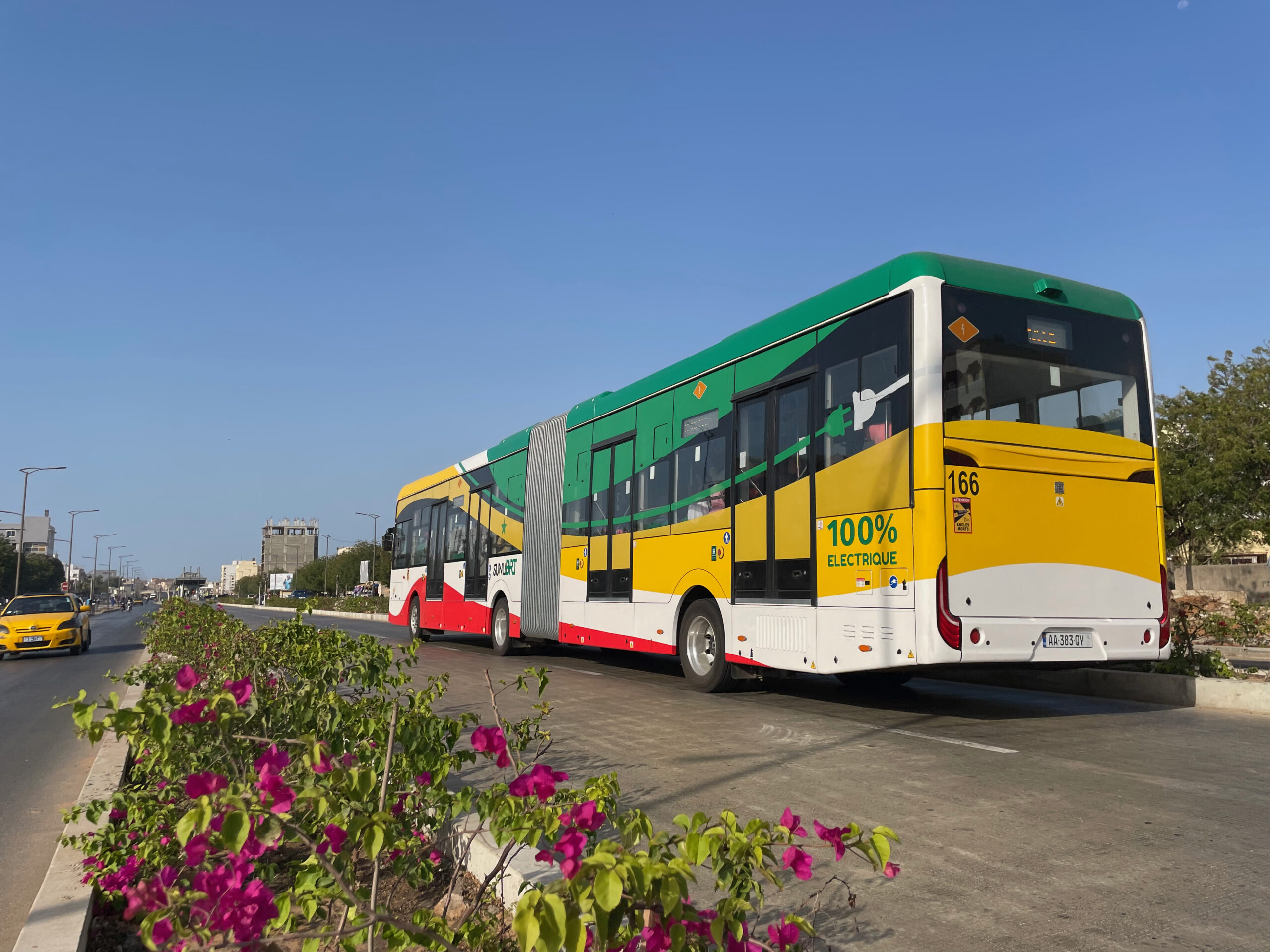 Dakar, Senegal is the recipient of the 2025 Sustainable Transport Award (STA) in recognition of its efforts to promote sustainable and inclusive mobility centered on the launch of its landmark all-electric bus rapid transit (BRT) system. Mexico’s capital, Mexico City, received the STA Honorable Mention for a focus on expanding and integrating public transport and ...Read More
Dakar, Senegal is the recipient of the 2025 Sustainable Transport Award (STA) in recognition of its efforts to promote sustainable and inclusive mobility centered on the launch of its landmark all-electric bus rapid transit (BRT) system. Mexico’s capital, Mexico City, received the STA Honorable Mention for a focus on expanding and integrating public transport and ...Read MoreITDP Brazil Celebrates 15 Years of Progress on Regional Mobility
December 18, 2024
 ITDP Brazil has played a key role in the development, implementation, and creation of policies that prioritize public transport, active mobility, and social inclusion in Brazil since 2010. To celebrate this milestone is to recognize the impact the team has had on transformational projects the more than ten major Brazilian cities. Over this time, ITDP ...Read More
ITDP Brazil has played a key role in the development, implementation, and creation of policies that prioritize public transport, active mobility, and social inclusion in Brazil since 2010. To celebrate this milestone is to recognize the impact the team has had on transformational projects the more than ten major Brazilian cities. Over this time, ITDP ...Read MoreGet On the Bus with ITDP
December 14, 2024
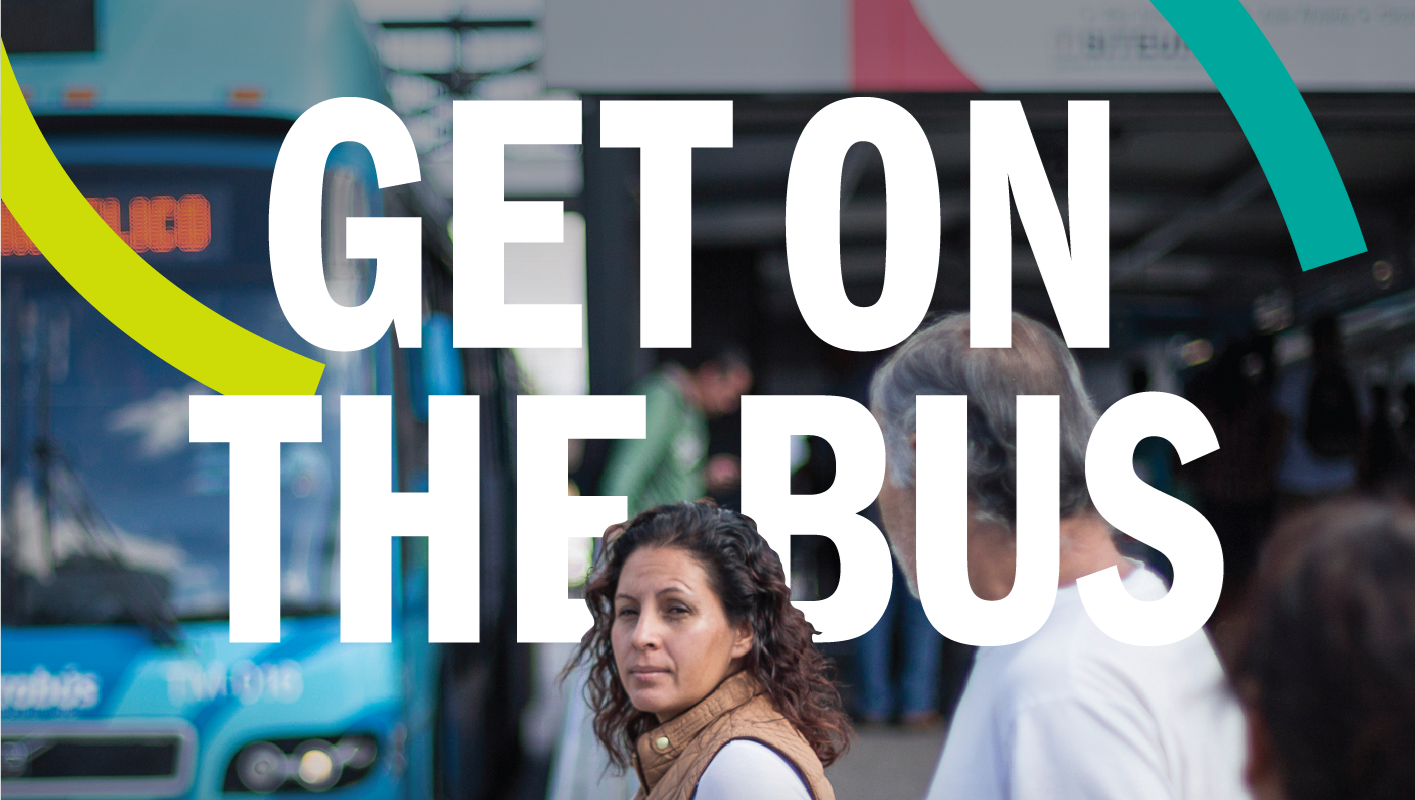 The devastating impacts of the climate crisis are now a reality for all of us. Without immediate action to significantly reduce carbon emissions, especially from gas-guzzling cars, we risk a future defined by extreme weather and environmental upheaval. The transport sector contributes approximately one quarter of all energy related greenhouse gas emissions, yet most cities ...Read More
The devastating impacts of the climate crisis are now a reality for all of us. Without immediate action to significantly reduce carbon emissions, especially from gas-guzzling cars, we risk a future defined by extreme weather and environmental upheaval. The transport sector contributes approximately one quarter of all energy related greenhouse gas emissions, yet most cities ...Read MoreSpotlighting the 2025 Sustainable Transport Award Finalist Cities
December 9, 2024
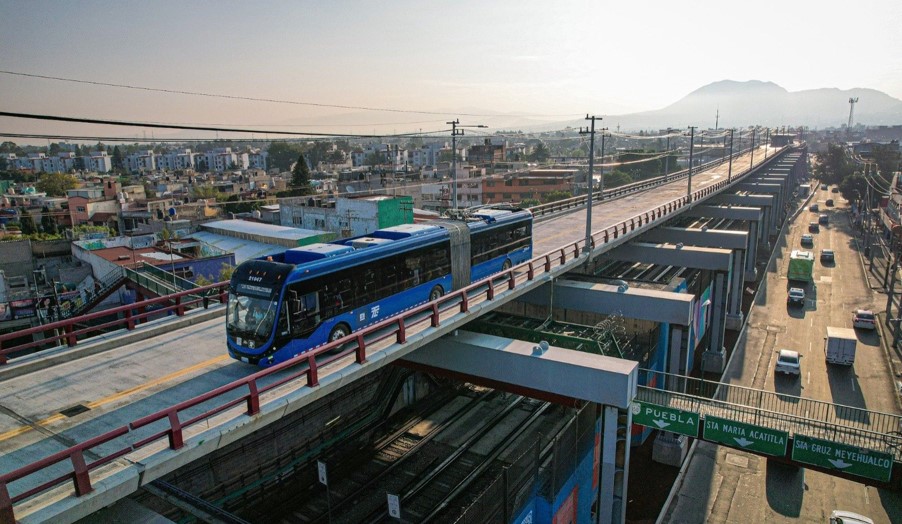 Every year, the Sustainable Transport Award (STA) Finalist Cities are recognized for policies and interventions that promote public transport, walking, cycling, and transit-oriented development in ways that highlight accessibility, equity, and urban innovation. This year also marks the 20th anniversary of the STA and the program’s celebration of 22 winning cities for their progress on ...Read More
Every year, the Sustainable Transport Award (STA) Finalist Cities are recognized for policies and interventions that promote public transport, walking, cycling, and transit-oriented development in ways that highlight accessibility, equity, and urban innovation. This year also marks the 20th anniversary of the STA and the program’s celebration of 22 winning cities for their progress on ...Read MoreBetter Urban Mobility Starts with Universal Accessibility
December 3, 2024
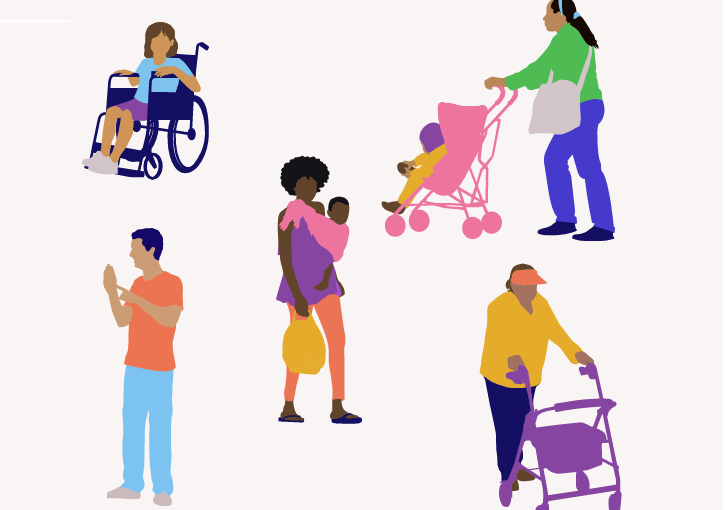 More than a billion people around the world have a disability, and more than half of them live in cities. That number is expected to triple to 3.5 billion by 2050, as people age and the rate of non-communicable diseases rises. While people with disabilities are one of the largest marginalized/ minority communities in the ...Read More
More than a billion people around the world have a disability, and more than half of them live in cities. That number is expected to triple to 3.5 billion by 2050, as people age and the rate of non-communicable diseases rises. While people with disabilities are one of the largest marginalized/ minority communities in the ...Read MoreHow These Three Cities Are Scaling and Improving Urban Cycling
November 22, 2024
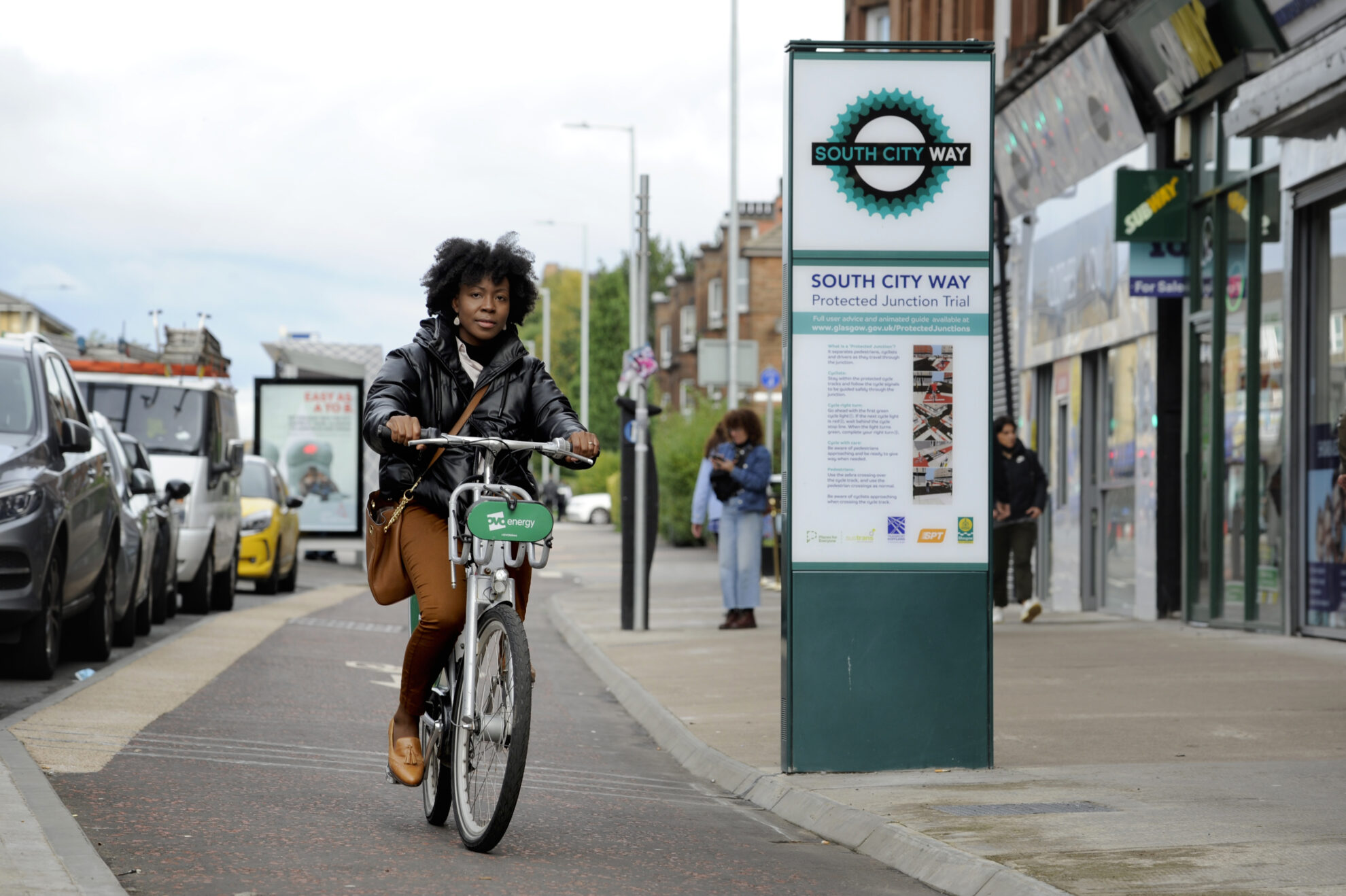 In 2021, ITDP launched the global Cycling Cities campaign to equip governments, planners, and advocates with tools and resources to make cycling a safer, more affordable transportation option in cities. Since its inception, the campaign has focused on sharing and scaling best practices from Global South cities leading the way in cycling infrastructure and policy. ...Read More
In 2021, ITDP launched the global Cycling Cities campaign to equip governments, planners, and advocates with tools and resources to make cycling a safer, more affordable transportation option in cities. Since its inception, the campaign has focused on sharing and scaling best practices from Global South cities leading the way in cycling infrastructure and policy. ...Read More
